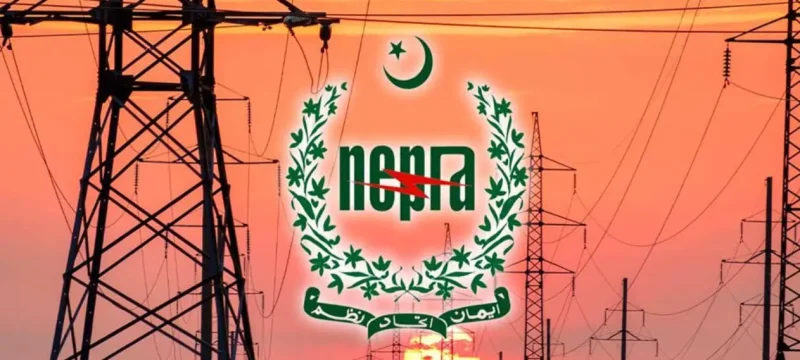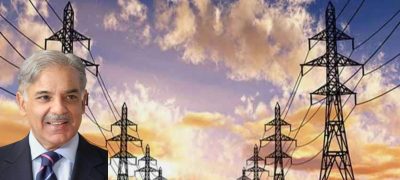Islamabad – The departing government of Pakistan has recently unveiled a substantial surge in the electricity base rate, constituting what is being termed as another ‘electric shock’ for the populace already grappling with inflationary pressures. In the midst of a challenging economic environment where citizens are contending with soaring prices, the National Electric Power Regulatory Authority (NEPRA) took the decision to raise the electricity price by Rs7.05 in a late-night announcement, attributing it to fuel adjustment charges for the month of January.
This increment, set to take effect in March 2024, coinciding with the month of Ramadan, is poised to further strain the already financially burdened masses. It is noteworthy that the increased rate will not be applicable to lifeline consumers and those serviced by K-electric. The implications of NEPRA’s recent decision are far-reaching, imposing an additional financial load of Rs66 billion on electricity consumers nationwide. The move has sparked concerns and discussions, particularly in the context of the ongoing economic challenges faced by the public.
Also Read: Nepra Urges Overhaul of Electricity Sector
The mechanism behind electricity pricing in Pakistan involves a complex interplay of factors, prominently influenced by fluctuating fuel prices and a myriad of other elements. These prices wield considerable influence over inflation dynamics, as heightened electricity costs contribute to elevated production expenditures for industries. The timing of this rate hike, coinciding with the month of Ramadan, is particularly significant as it adds an extra layer of economic strain during a period traditionally marked by increased consumption and expenditure. This move has prompted reactions from various quarters, with citizens expressing apprehension about the potential ripple effects on their already stretched budgets.
It is crucial to acknowledge the exempt status of lifeline consumers and K-electric consumers from the escalated electricity rates. This strategic exemption aims to shield vulnerable segments of the population from the intensified economic impact, recognizing the need to safeguard those most susceptible to financial challenges. As discussions unfold around the ramifications of this decision, the broader economic landscape of Pakistan comes into focus. The government’s move to adjust electricity prices inevitably stirs debates about the balancing act required to ensure financial sustainability for the energy sector while simultaneously mitigating the impact on citizens facing economic hardships.









